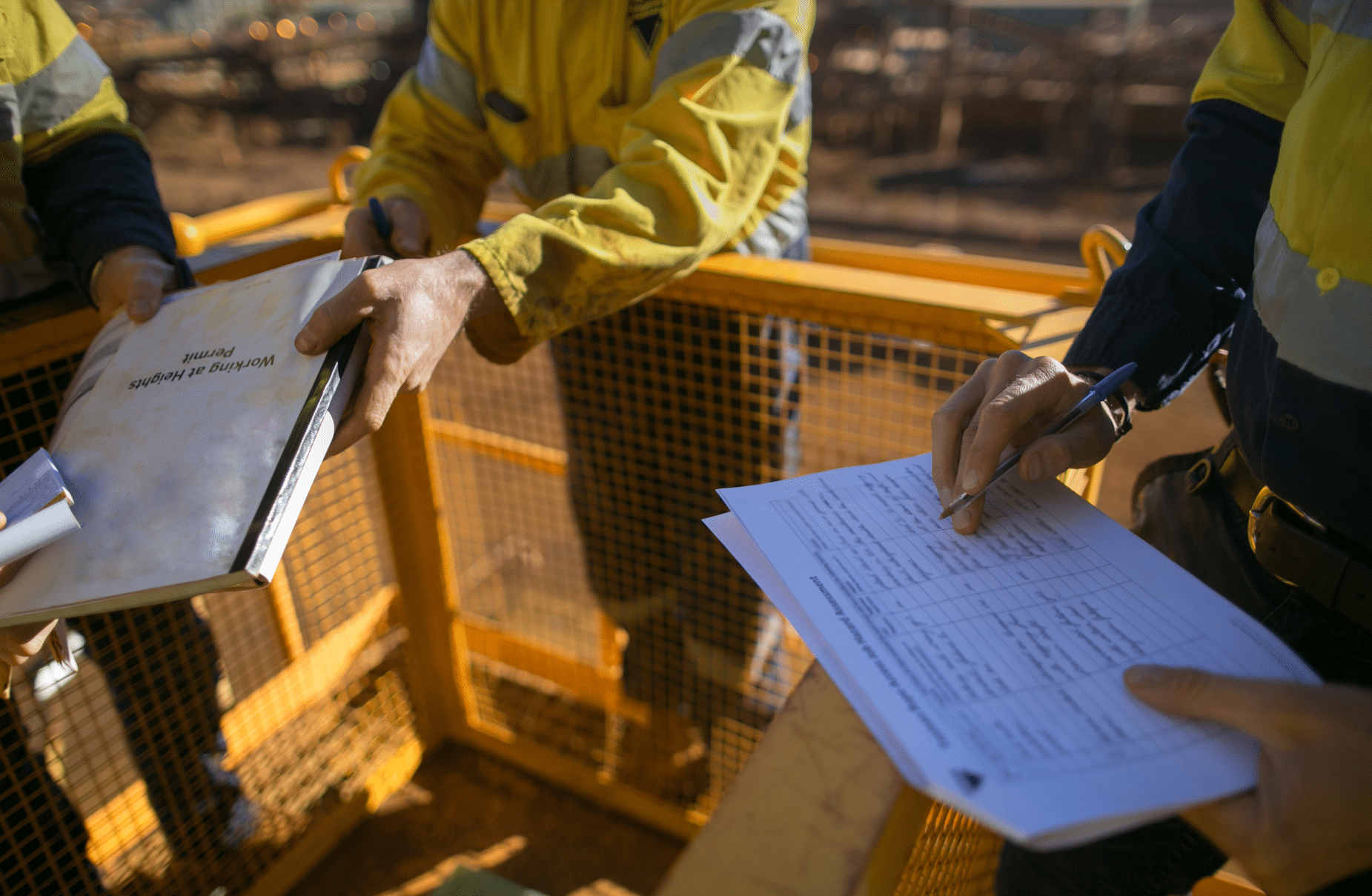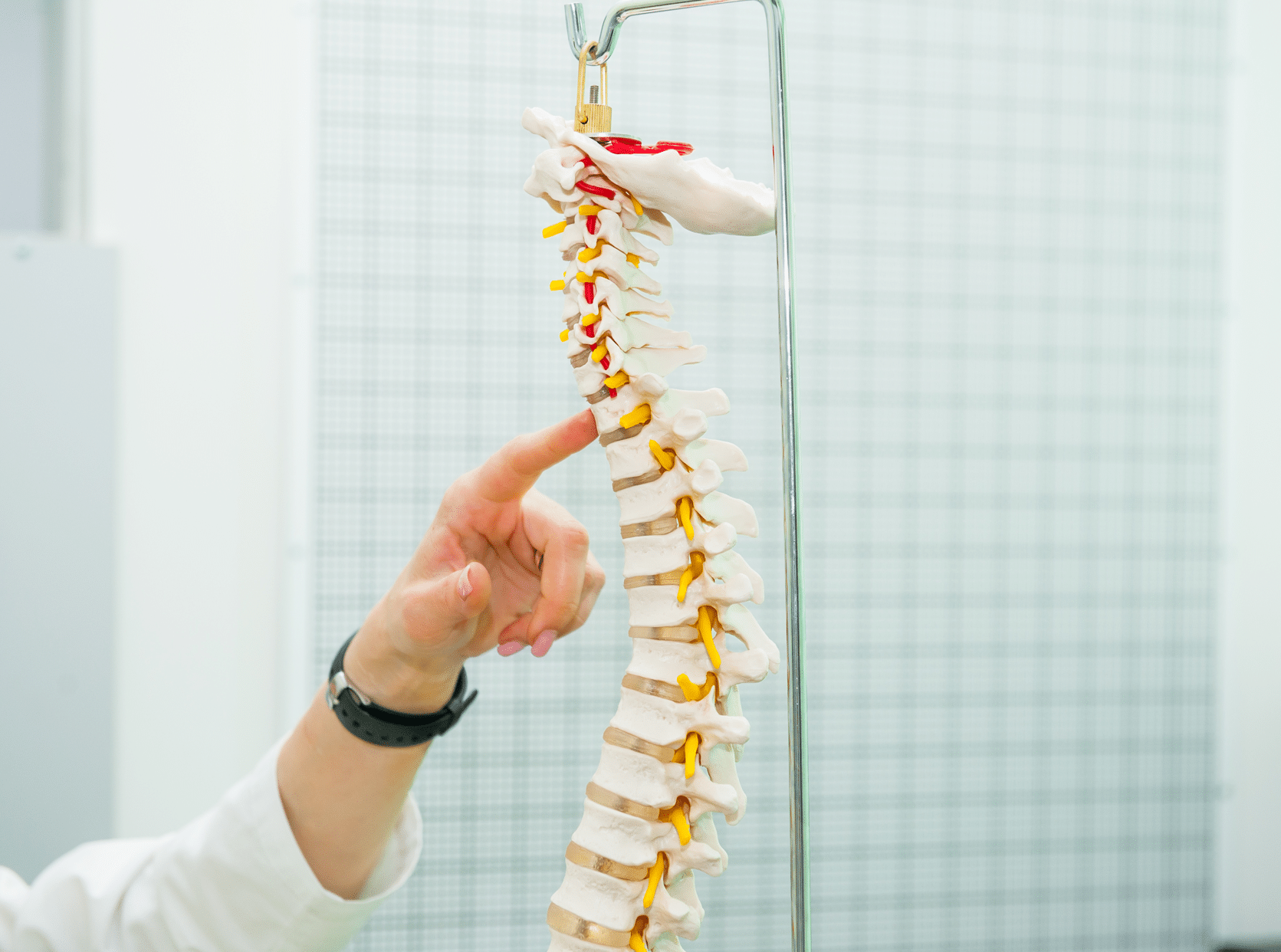It is hard to imagine any job in the modern world which doesn’t rely on some kind of machinery or equipment.
But whether you are operating heavy machinery in a factory or more commonplace equipment in a shop or office, the work equipment you use can put your safety at risk; especially if this equipment is broken, unsuitable, or has developed problems.
Because of these risks, your employer has to provide you with safe, appropriate equipment, which is in good working order, to minimise the dangers you face when doing your job.
But before getting into the nature of your employer’s legal duty, it is good to be clear on what we mean by ‘defective equipment’ and the possible consequences of using it.
Defective equipment and its dangers
Equipment can include anything you would normally think of when hearing the word, such as tools and Personal Protective Equipment (PPE), but it may also include:
- Plant and machinery
- Clothing
- Vehicles and aircraft
Whether the equipment is ‘defective’ will be fairly obvious in most cases, using the term’s everyday meaning. But also bear in mind that it could include equipment which has become damaged, or is being used for a purpose for which it was never designed.
Similarly, for more complicated equipment like machinery, it could still be considered defective if only part of it is not working properly – such as with a broken safety guard or an emergency stop control which doesn’t work.
The risk of injury
Serious injuries, even fatalities, can be caused by defective equipment.
Between 2021 and 2022, the Health and Safety Executive reported 15 deaths caused by contact with moving machinery.
More powerful machinery and equipment will naturally pose a greater risk to safety. But even more mundane equipment, such as office chairs and stepladders, can cause significant injury if a defect causes them to suddenly give way or behave unexpectedly.
Some of the injuries defective equipment can cause are:
- Soft tissue injuries
- Broken bones
- The loss of fingers, toes, or limbs
- Head injuries
- Burns
- The loss of senses, such as deafness or blindness
In a recent case, Truth Legal helped a worker to recover significant compensation after a defective machine caused him a serious hand injury.
Your employer’s legal duty
No matter what kind of work you do, your employer will have a duty to ensure that any equipment they have provided for your work is as safe as reasonably possible.
This includes maintaining and inspecting equipment regularly and, where appropriate, keeping an up-to-date maintenance log.
Signs your employer may have failed in their duty
Unfortunately, if your employer does not properly meet their legal obligations, equipment can easily become defective, which increases the risk of injury for you and your co-workers who use that equipment.
Some key signs that your employer is not fulfilling their duties are:
- Failing to provide staff with proper training in the safe use of equipment
- Not carrying out any (or sufficient) risk assessments on the equipment you use
- Irregular inspection of key equipment
- Using machinery which has inadequate safety features
- Providing equipment which is not fit for the intended purpose (such as inadequate Personal Protective Equipment)
Have you been injured by defective equipment?
If you’ve suffered an injury due to defective work equipment, you may have grounds to claim compensation from your employer. You can read more about making a claim on our defective equipment injury claims page.
Or if you prefer you can get in touch with us to discuss your situation.
Further Reading
From one of the UK’s most read legal blogs.










